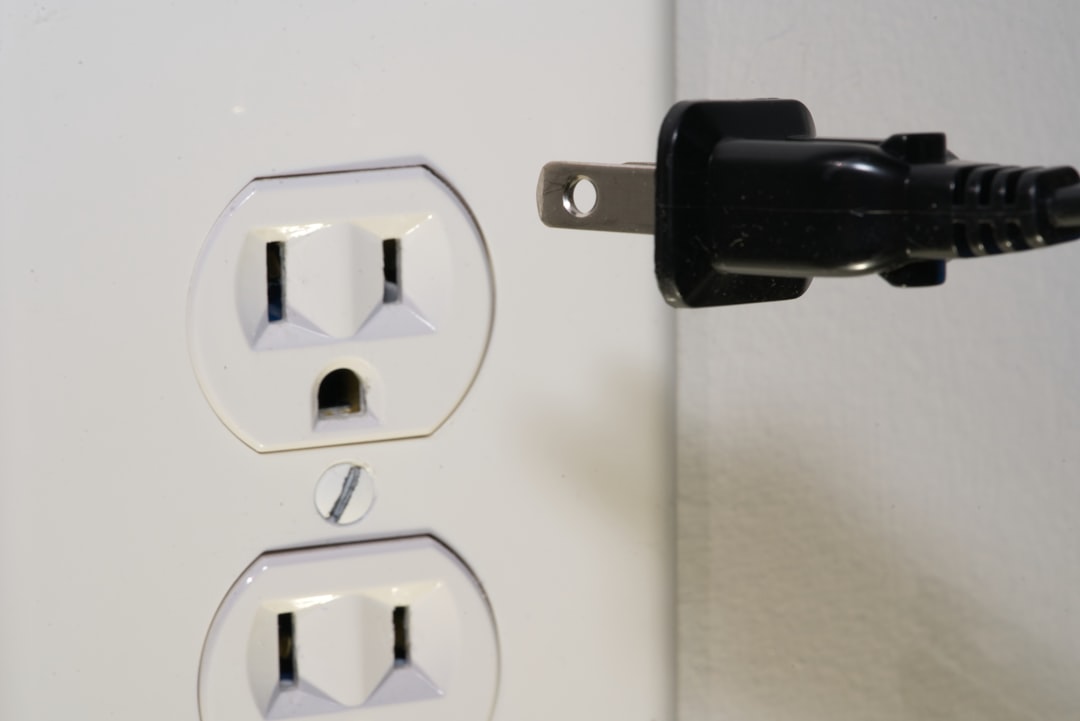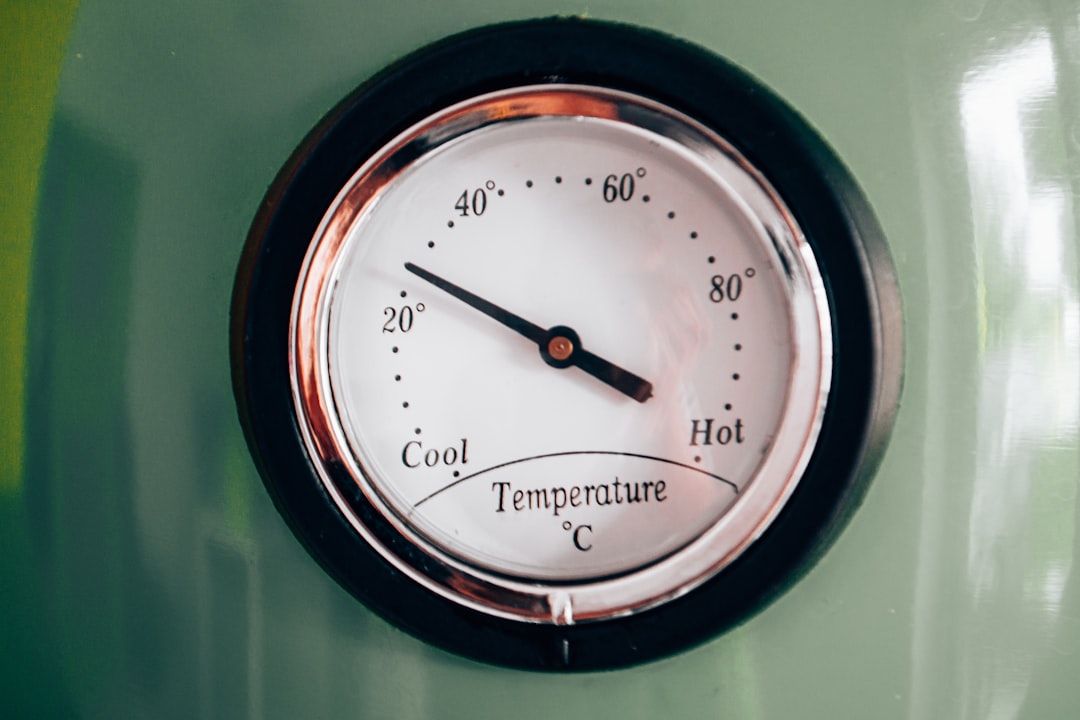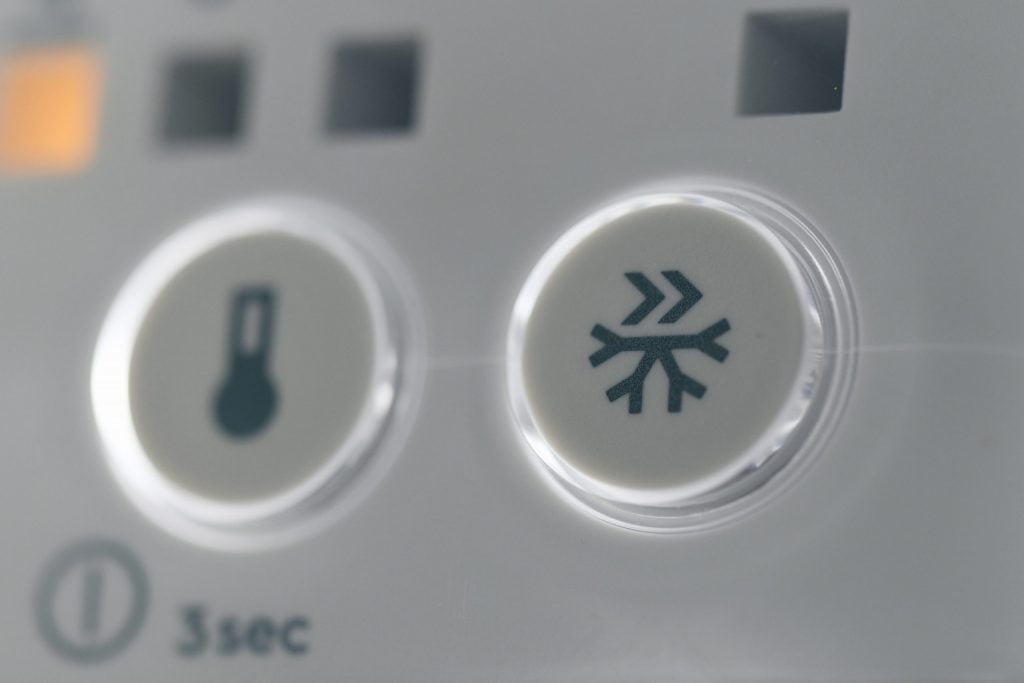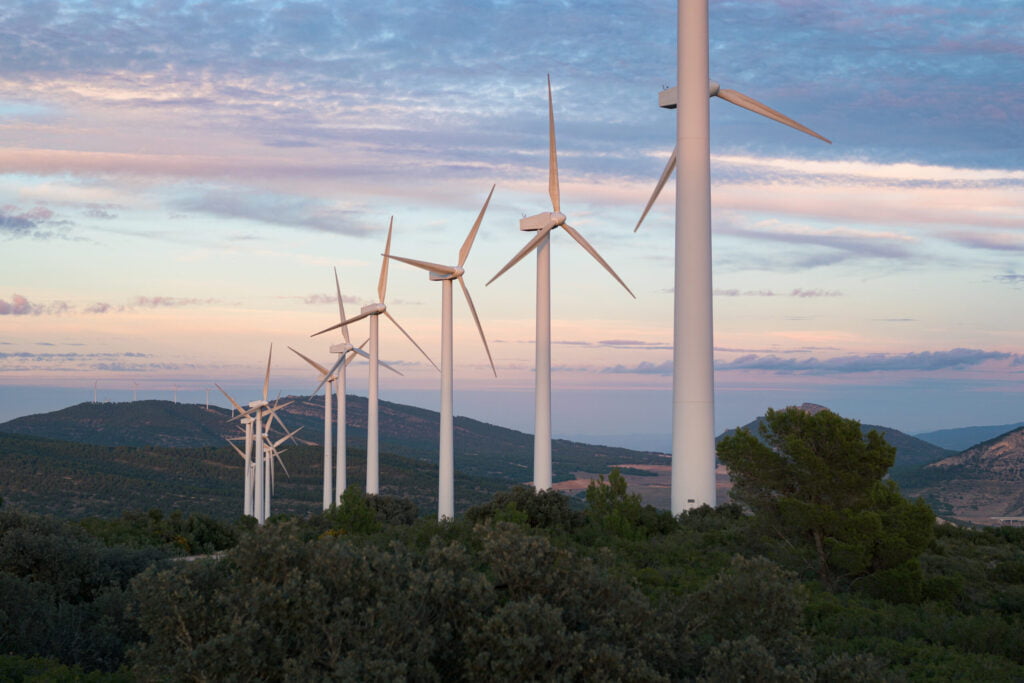Many establishments rely on commercial refrigeration equipment for operations, from restaurants and grocery stores to convenience stores and other types of businesses. Commercial refrigeration equipment is durable and reliable since it is vital for many businesses. If your equipment goes out, it could spell trouble for your business, profits, and operations. Whether it is a large walk-in cooler, a small freezer, or a refrigerator, the success of your business is tied to the performance of your refrigeration equipment. While the thought of underperforming equipment could be a nightmare scenario for many business owners, some steps can be taken to remedy some issues quickly. Depending on the issue, you may be able to solve the problem with some easy solutions before calling for expensive repairs. Let’s take a look at troubleshooting commercial refrigeration systems.
No Power

If you notice that the machine is off and not humming that it should be, there could be a few things causing the problem. Before calling for repairs, you can check a few things to see if you can locate and remedy the problem. The first thing you should do is check the power switch. Believe it or not, this is a very common issue that causes panic for many restaurant owners. In many instances, the power switch was inadvertently hit or bumped and might be switched off. Checking this first could save you time and frustration before getting involved in other potential causes.
If you have verified that the power switch is on, check to see that the machine is plugged in and there isn’t a problem with the cord. If the cord has become damaged or is unplugged, you will not have power to your appliance. If there is visible damage like a fray or a split, the cord needs to be replaced to restore power. In some instances, the appliance may have been plugged into an extension cord to get power from a different area. Often many extension cords aren’t sufficient to power large appliances, and it could have tripped a breaker. As the last step, check the breakers and fuses to ensure nothing has gone wrong at the power box.
Too Warm

If a machine is too warm, it could create an issue with spoilage or allow harmful bacteria to grow on food. If your equipment is running warmer than it should, first consider the location. Machines close to walls or direct heat sources might experience poor air circulation and prevent it from staying cool. Another common issue is dirty condenser coils. If the coils are too dirty, the equipment could overheat. You might be able to remedy the issue by cleaning the condenser coils regularly. Aside from this, check the door gasket and hinges that could be preventing the door from closing and sealing correctly.
Compressor Issues
The compressor moves refrigerant through the machine to keep it cool. Occasionally, the compressor can become dirty and malfunction. Manufacturers recommend cleaning your compressor every 90 days or so to ensure that it is working correctly. If your compressor is making loud noises or clicking, you may have a more serious issue that needs to be addressed by a professional technician.
Too Cold
In some cases, your refrigeration equipment may get too cold and experience excessive frost or icy buildup. This could be a problem with a dirty evaporator coil or clogged drain line. You will want to unplug the unit and allow it to thaw, so you check for potential issues. If the evaporator is only partially frozen, you may have a refrigerant issue that would require service from a professional.
Just because your commercial refrigeration equipment malfunctions, a disaster isn’t necessarily imminent. Many problems such as power issues or ice buildup could result from simple issues and can be solved quickly. However, if you have a problem with your equipment that you can’t resolve, it is important to contact a service technician as soon as possible.













